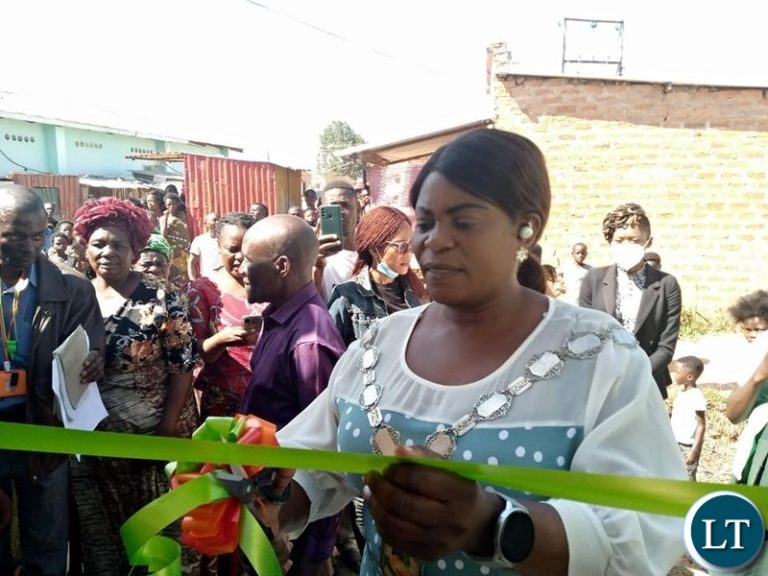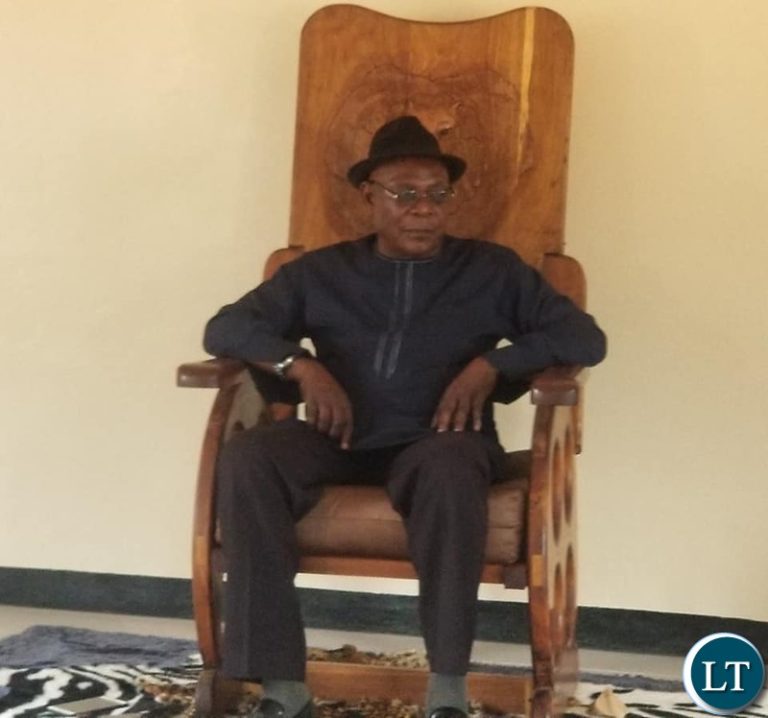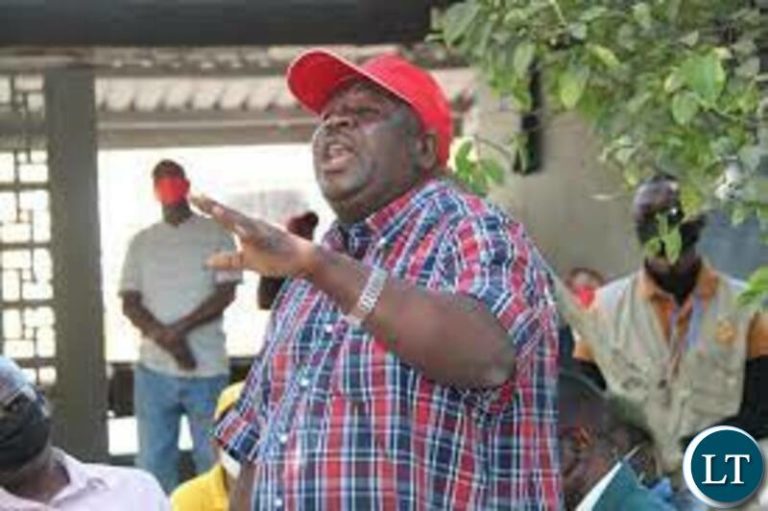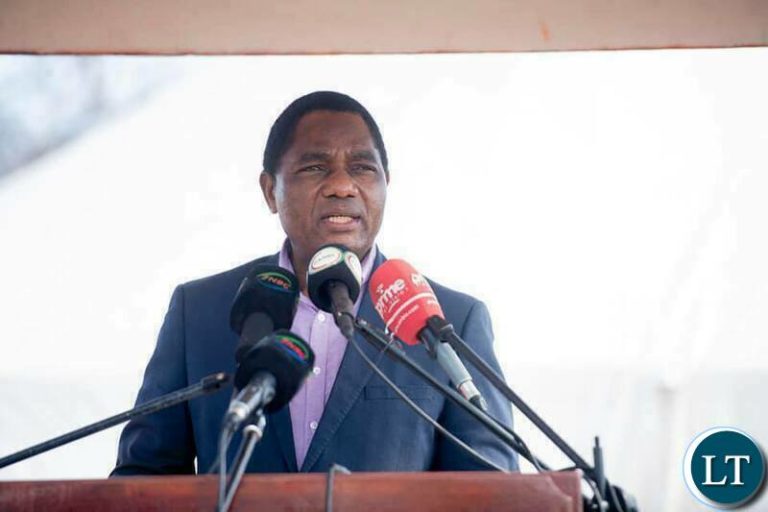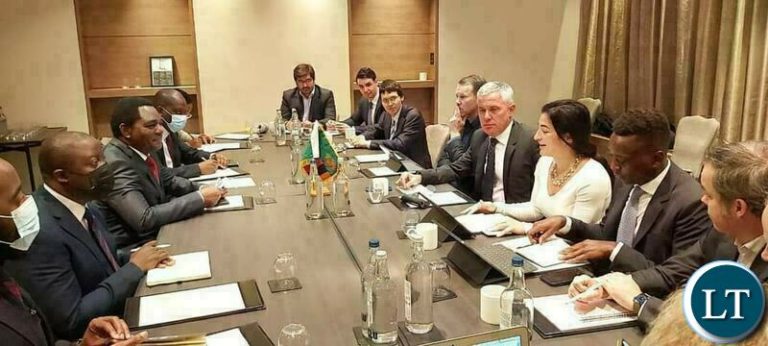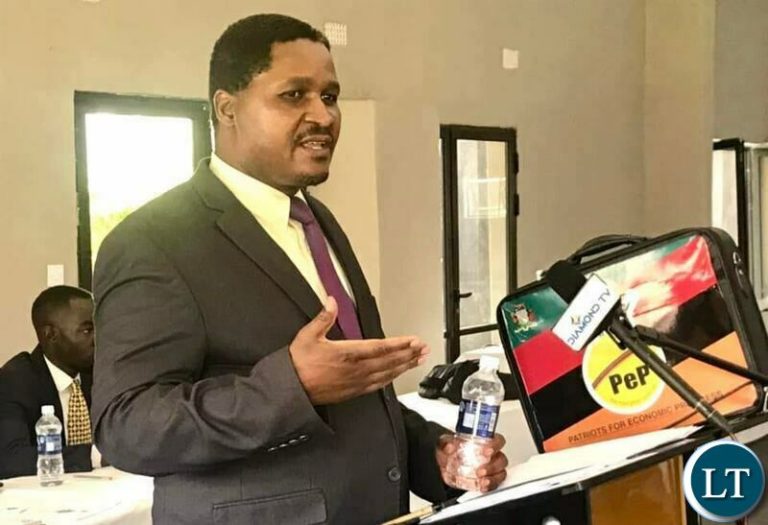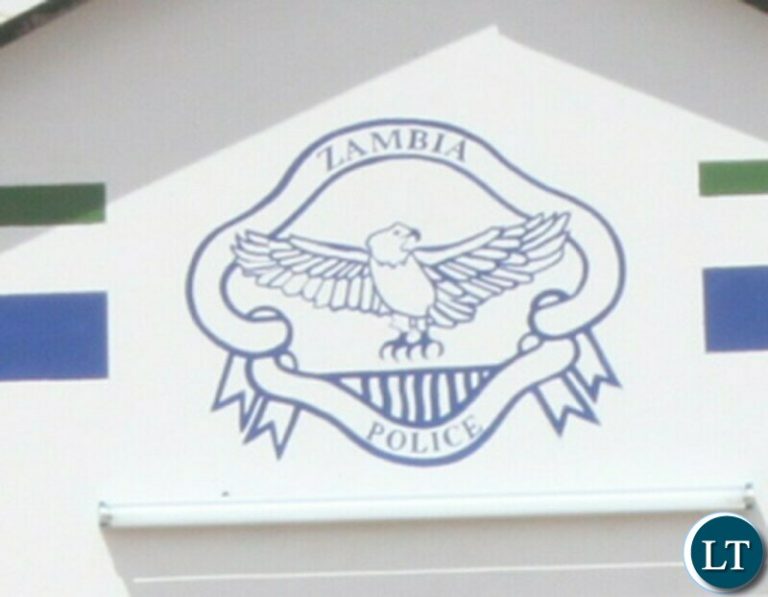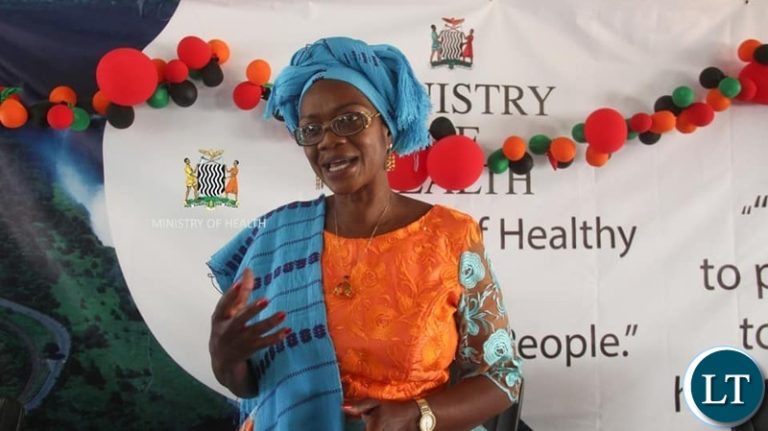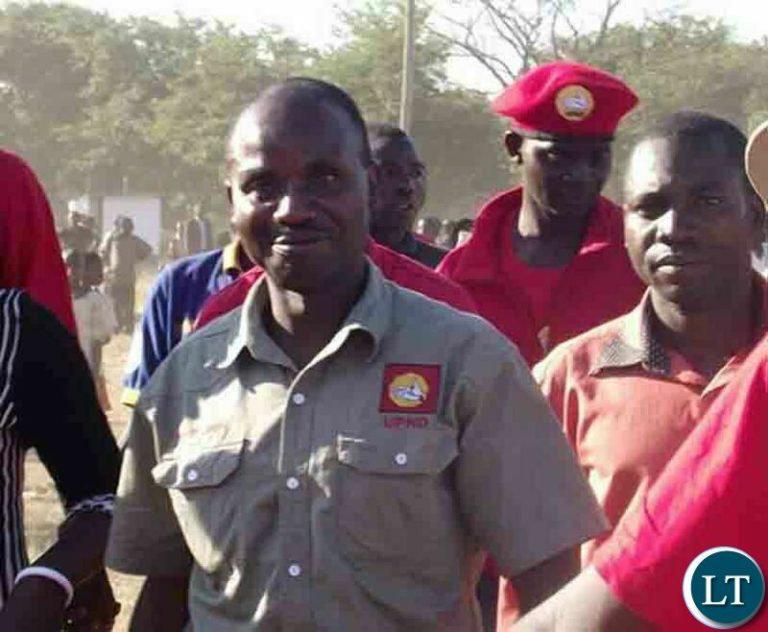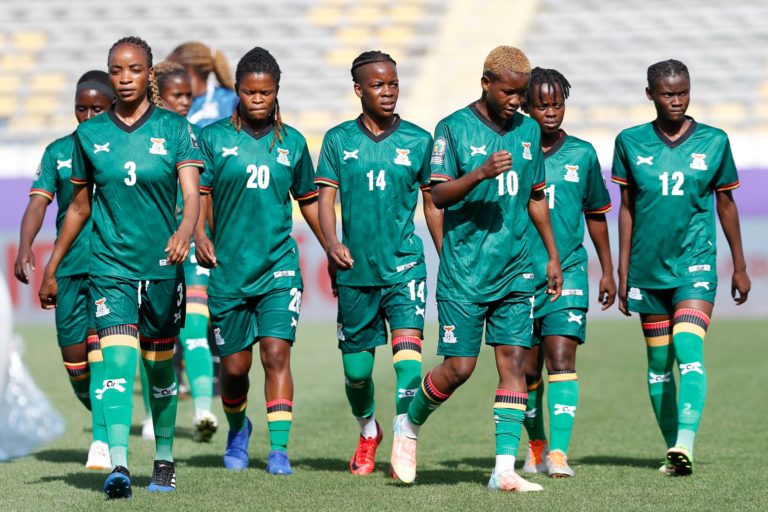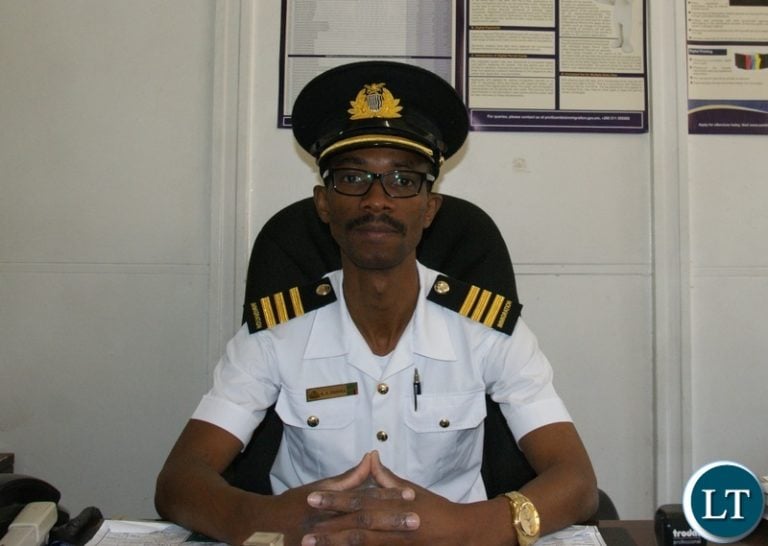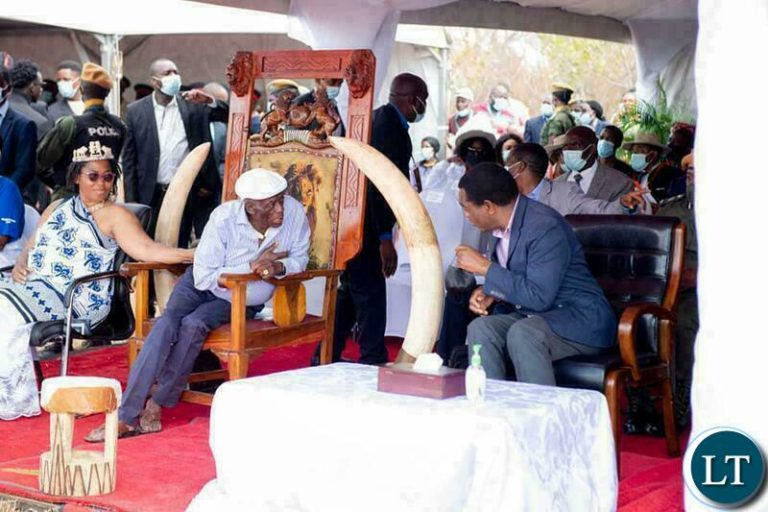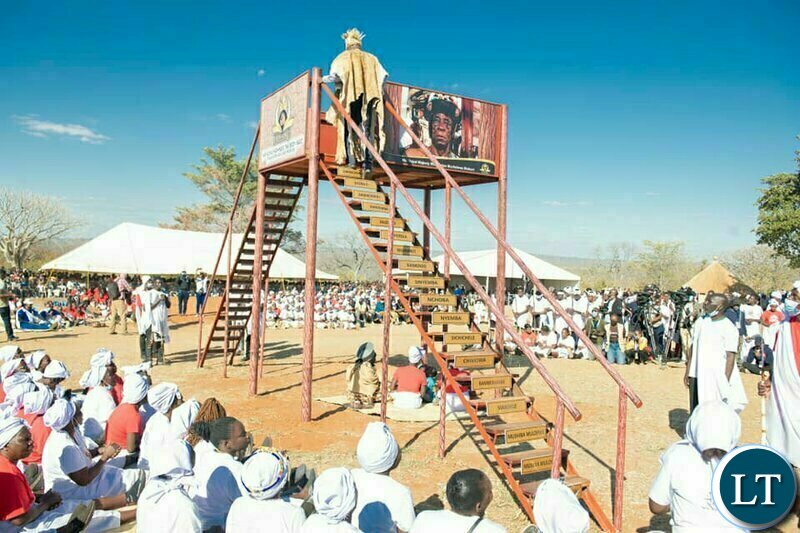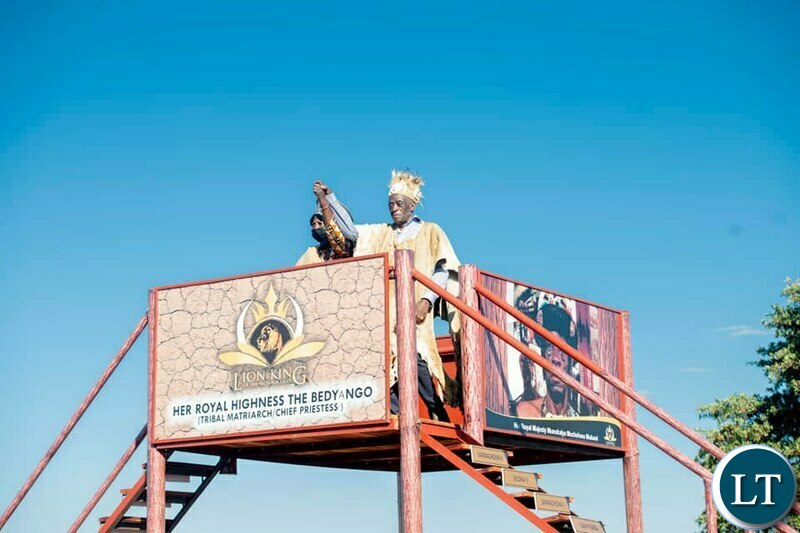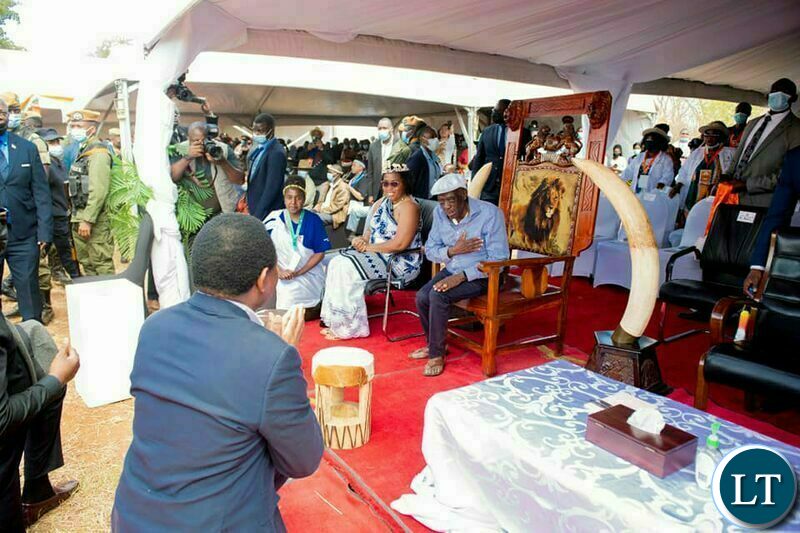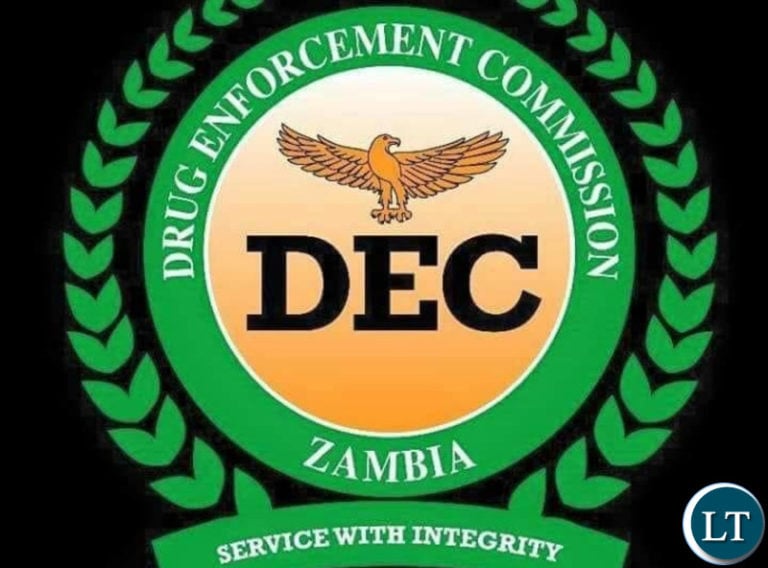By Sean Tembo – PeP President
1. I have keenly followed the criminal case in which former Zampost Postmaster General, Mr McPherson Chanda was charged with theft of about K335 million together with two others. My interest, in this case, was largely from a professional standpoint as an Auditor, as l sought to understand the nature and extent of breakdown in internal controls that would allow a management team of an organization to siphon out so much money without being detected on a timely basis. Where was the Internal Audit department? Who slept on the job and why?
2. Surprisingly for this case, the testimony of prosecution witnesses was not significantly at variance with that of defense witnesses. It was common cause that Zampost signed an agency agreement with the Ministry of Community Development to use its retail network of post offices across the country for purposes of distributing social cash transfer (SCT). It was also common cause that the Ministry would often send money to Zampost and delay for months in submitting a list of SCT beneficiaries to whom Zampost would be required to pay the money, meaning that at any given time, Zampost would have money sitting idle in its current account at Absa.
3. An Absa employee testified that at some point, the Zampost management team decided to open a fixed deposit account for the organization, and that they would regularly transfer SCT funds from the current account to the fixed deposit account for specific periods of time, and that once interest was earned on the fixed deposit account, both the principal and the interest was transferred back to the current account. When the Ministry submits the list of SCT beneficiaries for the respective month, Zampost would then pay the beneficiaries and remain with its commission as per the contract with the Ministry, as well as the interest earned on the funds from the temporary transfer to the fixed deposit account.
4. The prosecution witnesses further testified that the three accused persons, who were senior members of the Zampost management team, did not in any way benefit from the funds, whether the principal or commissions or interest earned on the principal. Any residue funds that remained were for the benefit of Zampost. The only significant point of disagreement between the prosecution and the defence was based on the testimony of an official from the Ministry of Finance, who testified that Government financial regulations require that before any bank account in which government funds are going to be deposited is opened, the authority must be obtained from the controlling officer at Ministry of Finance. The Ministry official further testified that the Zampost management team did not obtain that authority before they opened the fixed deposit account at Absa, to which SCT funds were temporarily deposited to earn interest before being remitted to respective beneficiaries.
5. The defence countered that the said Government financial regulations did not apply to Zampost, because Zampost is an independent legal entity with independent financial regulations which are approved from time to time by its Board of Directors. The defense further submitted that the opening of the fixed deposit account at Absa was done in compliance with Zampost financial regulations. Further it was submitted that the agreement between Zampost and the Ministry did not prohibit Zampost from putting the funds in an interest-bearing account before subsequent remittance to SCT beneficiaries.
6. The defense further submitted that there was no inordinate delay occasioned on the remittance of funds to SCT beneficiaries because of putting the funds in a fixed deposit account, and that Zampost could instruct the bank to transfer the funds back to the current account at any time before the maturity of the deposit if Zampost received the beneficiary list from the Ministry and needed to remit the funds to respective SCT beneficiaries. In other words, the only delay which SCT beneficiaries suffered was that which was occasioned by the Ministry due to its failure to submit the monthly SCT beneficiaries list on a timely basis. The defence also submitted that the practice of temporarily holding SCT funds in a fixed deposit account continued at Zampost even after the accused persons were removed from the organization, but non of the current management team members of Zampost are being charged with any crime.
7. My professoinal view on the above submissions by both the prosecution and the defense is that l largely agree with the position taken by the defense. Firstly, each parastatal as a separate legal entity has its own financial regulations which will often be different from those of Government. Additionally, it is considered financial management best practice not to keep large sums of money in a current account when you can put the funds in a call account or fixed deposit account and earn some interest.
8. Therefore, l personally do not see anything wrong which Mr McPherson Chanda and his two colleagues did in the execution of their duties as Postmaster General, Head of Finance and Head of Operations. Especially given the fact that no single Ngwee of Zampost money is said to have ended up in the individual pockets of any of the three accused persons. If anything, the team demonstrated sound financial management practices by avoiding wastefulness, which you will not find in most organizations. If l had a big company, l would not hesitate to employ these three individuals. I must emphasize here that l am giving this opinion solely based on what was presented in open court in this matter. Also, l am speaking here not in my capacity as Sean Tembo the PeP President, no. I am speaking as Sean Tembo MBA, BAcc, FCCA, FCPA, FZICA a Managing Partner of an audit firm and someone who has undertaken more than 2,000 audits of different types of organizations over a period of more than 20 years in three different countries. A forensic auditor who has testified as an expert witness in several fraud cases.
9. I was therefore shocked when l learnt that Mr McPherson Chanda and his two colleagues had been convicted by President Hichilema’s newly created Financial Crimes Magistrate’s Court. I also found the sentence particularly strange; i.e two years simple imprisonment or in the alternative, restitution amounting to K350 million. In other words the court is saying that if the convicts pay back K350 million, they will not need to serve any prison term. This is a strangely lenient sentence for people who are genuinely found guilty of theft of as large an amount as K335 million.
10. I am not a psychologist, but the only possible explanation l can offer regarding this strange conviction and equally strange sentence is that President Hakainde Hichilema’s newly created court knew that the accused persons were innocent but had some unknown external pressure to convict. But again despite the undue conviction, the court was overwhelmed with the guilty of convicting evidently innocent people, and in order to compensate for that inner guilty, decided to give a strange sentence which stuck out like a sore thumb. This begs the question; has President Hakainde Hichilema weaponized the judiciary through his creation of a personal to holder court? We hope not. We do hope however that these wrongly convicted individuals will appeal their sentences, and should they do so, l will be willing to testify as an expert witness for Mr McPherson Chanda and his two colleagues. Free of charge. An injustice to one is an injustice to all.


